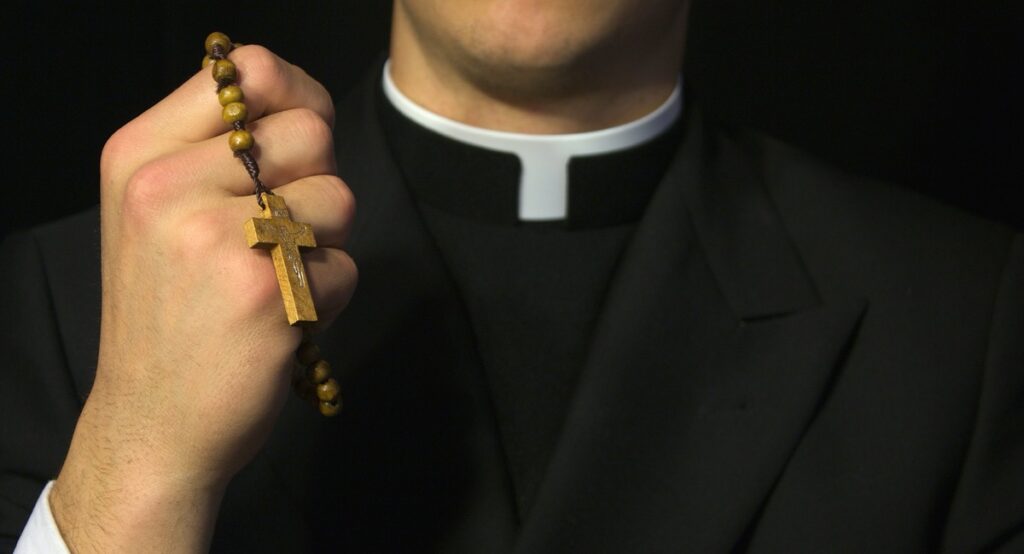Last Rites, sometimes known as the “Anointing of the Sick” or “Extreme Unction,” are a series of sacraments or prayers administered to a person who is gravely ill or near death. The term is most commonly associated with Roman Catholicism, but variations of Last Rites exist in other religious traditions as well. These rites are intended to provide spiritual comfort, forgiveness, and peace to the dying, helping prepare their soul for the afterlife.
Are Last Rites Only Catholic?
While Last Rites are often thought of as a Catholic practice, they are not exclusive to Catholicism. Several other Christian denominations, such as Eastern Orthodox and Anglican churches, have similar rituals for those approaching death. In the Catholic tradition, Last Rites consist of the sacraments of Reconciliation (confession), Anointing of the Sick, and Holy Communion (often called Viaticum when given to the dying).
Other religions, such as Hinduism, Buddhism, and Judaism, also have end-of-life rituals that serve similar purposes, though the structure and significance differ. In Hinduism, for example, prayers are recited, and offerings are made to help the soul transition from the physical world. Jewish rituals may include prayers like the Vidui (confession) and the Shema, while in Buddhism, meditation and guidance on letting go are emphasized.
Who Conducts the Last Rites?
In the Catholic Church, a priest typically conducts the Last Rites. The priest administers the sacrament of Reconciliation, offers the Anointing of the Sick (using holy oil to anoint the person’s forehead and hands), and gives Holy Communion. In emergency situations where a priest is unavailable, deacons may administer certain sacraments, but the Anointing of the Sick must be performed by a priest.
In other religious traditions, Last Rites or end-of-life rituals may be performed by different figures depending on the faith. For example, in Hinduism, family members or religious leaders like a Brahmin may conduct the rites, while in Judaism, a rabbi or family members may lead the recitations. In Buddhism, monks or spiritual teachers may guide the dying person through the final moments.
When Are Last Rites Performed?
In the Catholic tradition, Last Rites are ideally performed when the person is still conscious but in danger of death due to illness or old age. They can be administered at any time before death, though if a person is unconscious or already deceased, a priest may still offer prayers for the repose of their soul.
The timing of Last Rites can vary depending on the situation. Some families request them when they know death is imminent, while others arrange them when a person is diagnosed with a terminal illness. It’s also common for Last Rites to be performed immediately before death or soon after death if the person did not receive them while alive.
In other faiths, the timing of end-of-life rituals can be both before and after death. For example, in Hinduism, some rites are performed as the person is dying, while others continue after death as part of funeral rituals. Similarly, Jewish and Buddhist practices can occur both before death and during funeral or memorial services.

